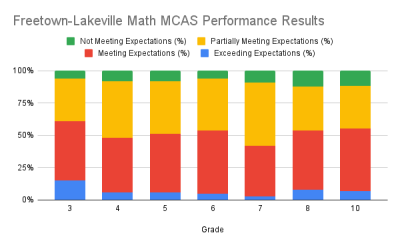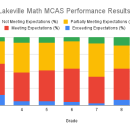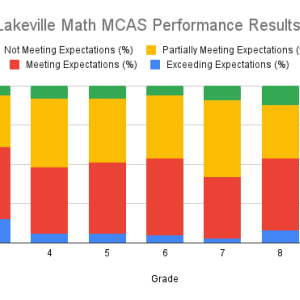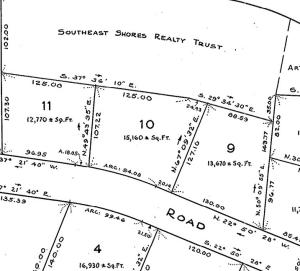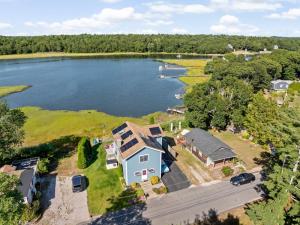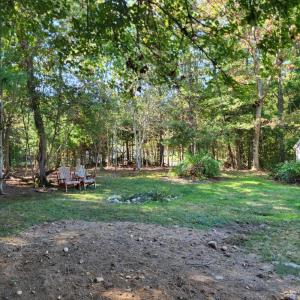Three integral strategies behind FreeLake school district’s state recognition for MCAS growth
LAKEVILLE — Across the state, schools are struggling to return to pre-pandemic levels of academic achievement, but the Freetown-Lakeville Regional School District is finding success with new initiatives in their math classrooms.
FreeLake was one of 41 school districts in the state that raised their 2025 Massachusetts Comprehensive Assessment System math scores to at or above pre-pandemic levels. This year, the district raised their math scores in grades three through eight to slightly above their pre-pandemic results for the first time.
The district showed a one percentage point increase in combined meeting and exceeding expectations for math in grades three through eight when compared to 2019 scores. The state Department of Elementary and Secondary Education gave recognition for the achievement in September.
Teri Fleming, the Director of Curriculum and Assessment, said the achievement came on the backs of three strategies the district has introduced over the last few years. Strategies include an overall focus on mathematical reasoning, “Building Thinking” classrooms and Spatial Temporal Math.
“Our amazing educators and building leaders have been putting a lot of time into teachers focusing on the math practices to build mathematical reasoning,” Fleming said. “It's not just about learning the algorithm, it's about knowing the ‘why’ and how things work mathematically.”
She said the emphasis on the reasoning to how a right or wrong answer is found, builds out a deeper understanding for students. She said all too often, the learning process can end at an incorrect answer.
“We really have had to shift our thinking as teachers to build that resilience to getting an answer incorrect in math, and then trying to reason out why or where they went wrong in their thinking,” Fleming said.
Fleming said at the Freetown and Assawompset elementary schools, the “Building Thinking” classrooms aim to focus on reasoning — not just the formulas — to create a deeper understanding for students. She said the classes focus on discourse and discussion, where students share their thinking and build their understanding off one another.
“That gives students different access points. I might think of it one way and another student explains it a different way. The next time I get stuck, I now have two ways to think about it,” Fleming said.
The district is in its third year of implementing Spatial Temporal Math, a learning method that uses conceptual and visual ways to learn mathematics. Fleming said this method starts from a conceptual model with no words or directions, which allows students to visually problem solve with puzzles and symbols.
The aim is to build student's perseverance, since they have to make multiple attempts to arrive at an answer. She said the method also benefits English Learner students, since it is not language based.
Overall, Fleming said the district has worked to build back trust in the classroom that was lost in the pandemic.
“We had to reestablish trust in our physical environment, and that allowed us to also continue to grow a solid foundation for students to feel like they can make mistakes in the classroom, and learn from those mistakes,” Fleming said.
Interim Superintendent Barbara Starkie and Fleming agreed that the recognition is an honor, but their work to return all grades and subjects to pre-pandemic levels of achievement doesn’t stop with this year’s successes.
“I’m incredibly proud of the progress that's been made in grades three through eight in math, and I look forward to seeing that trajectory continue,” Starkie said.














